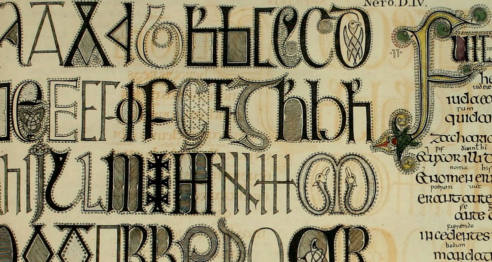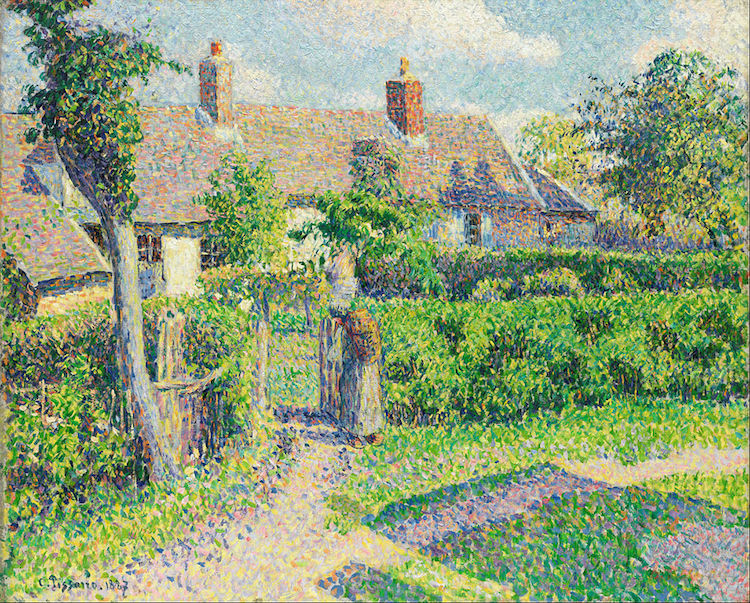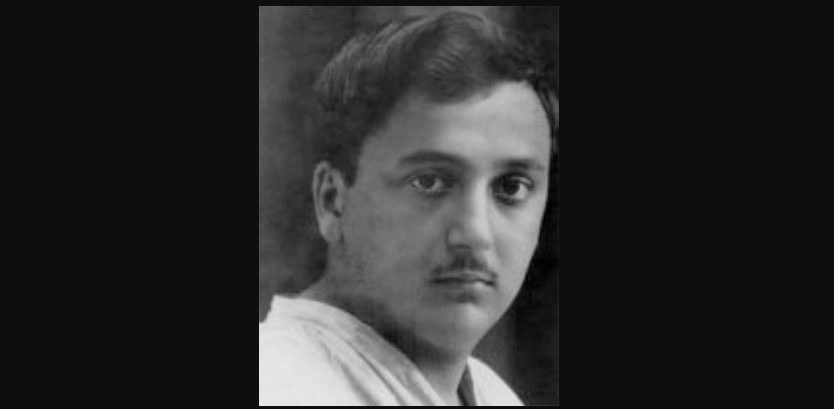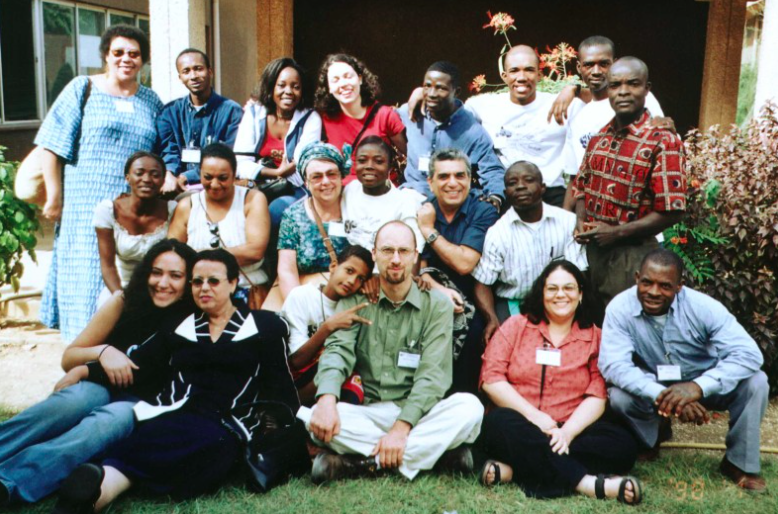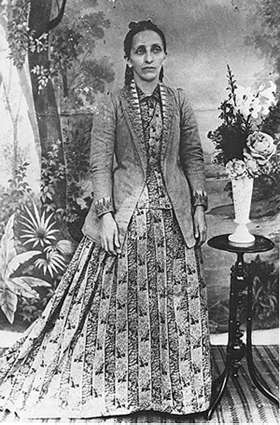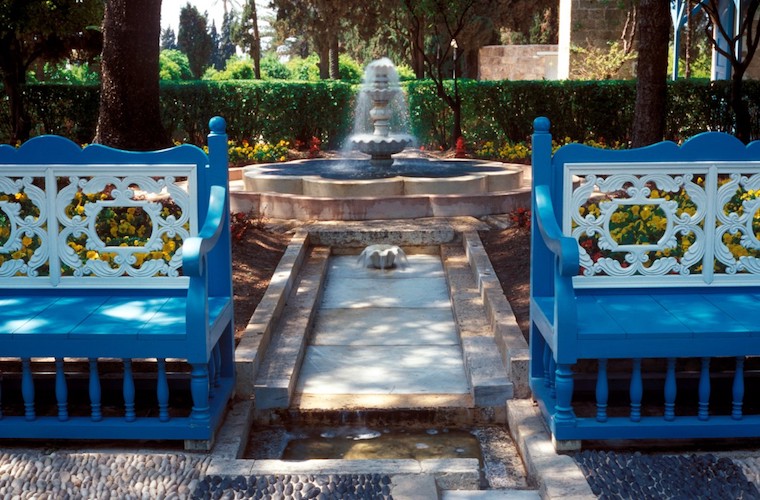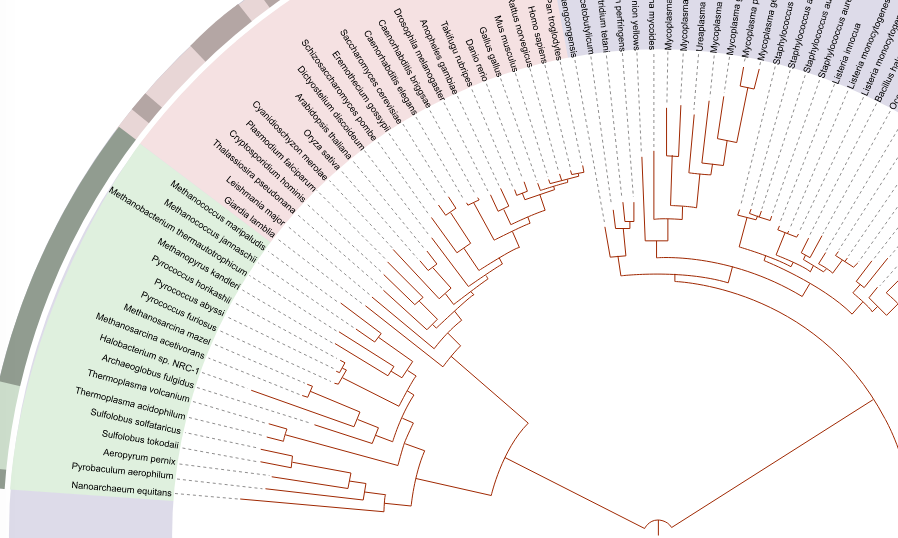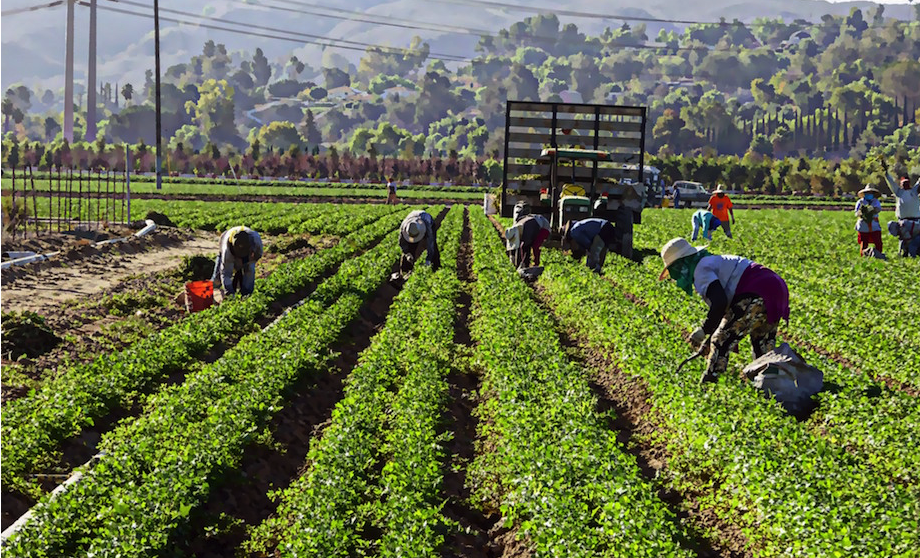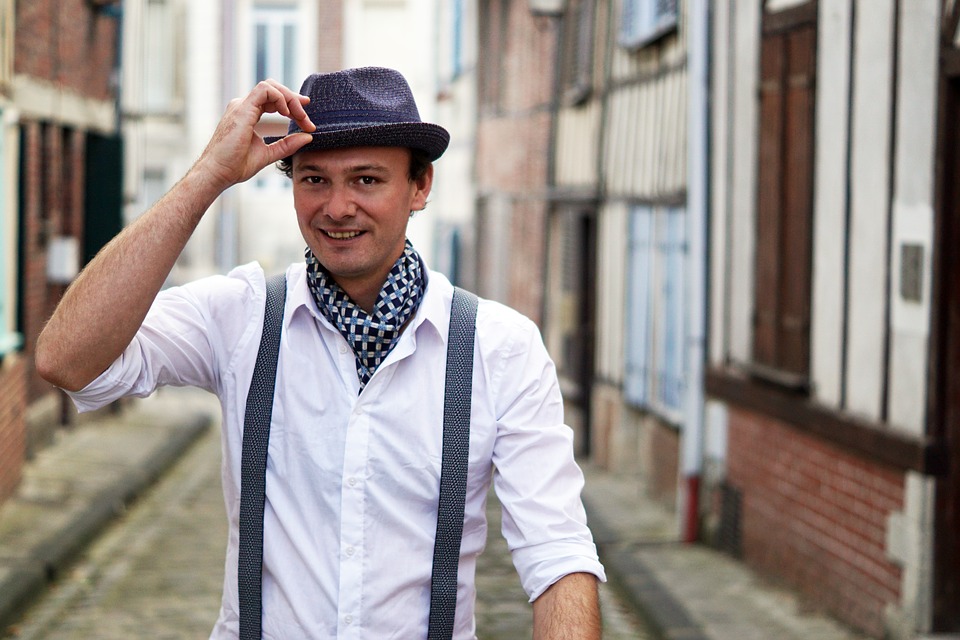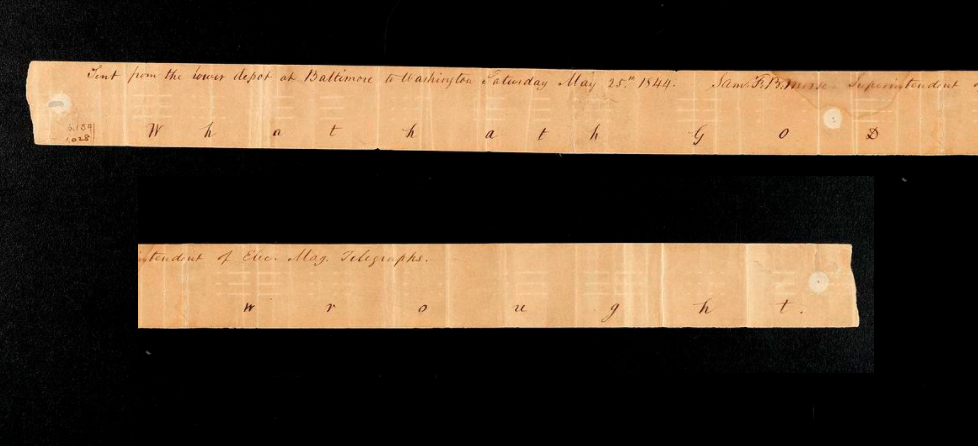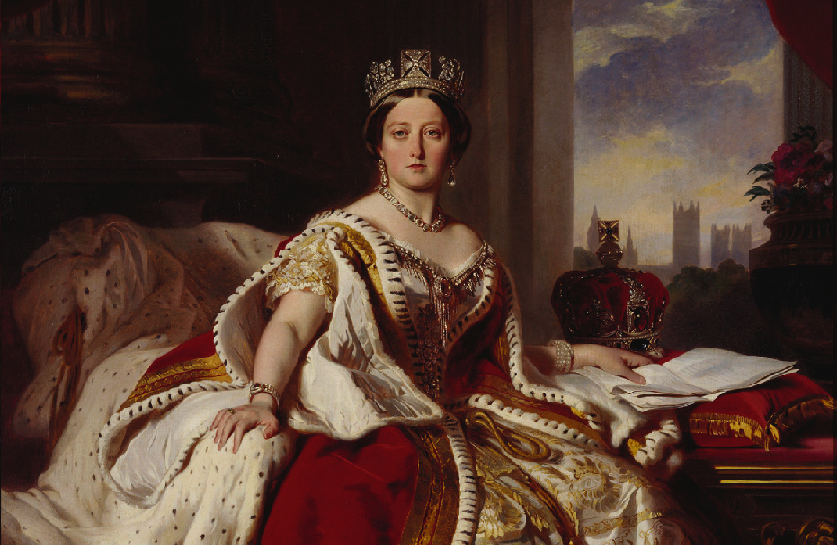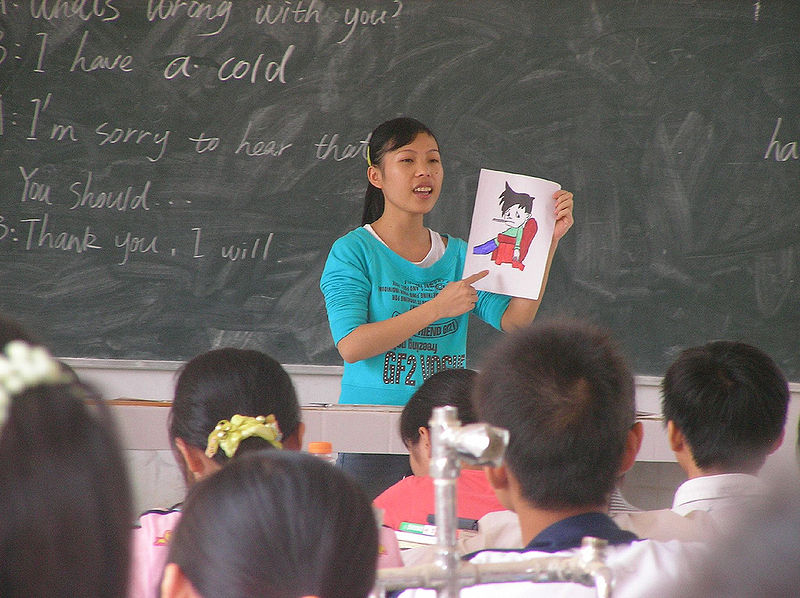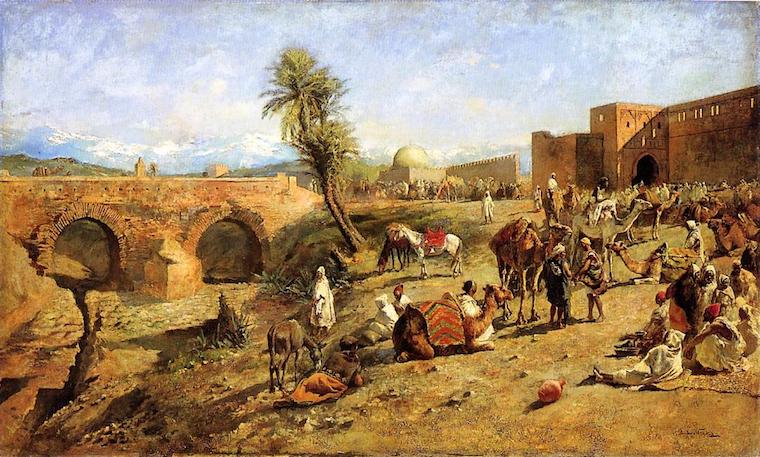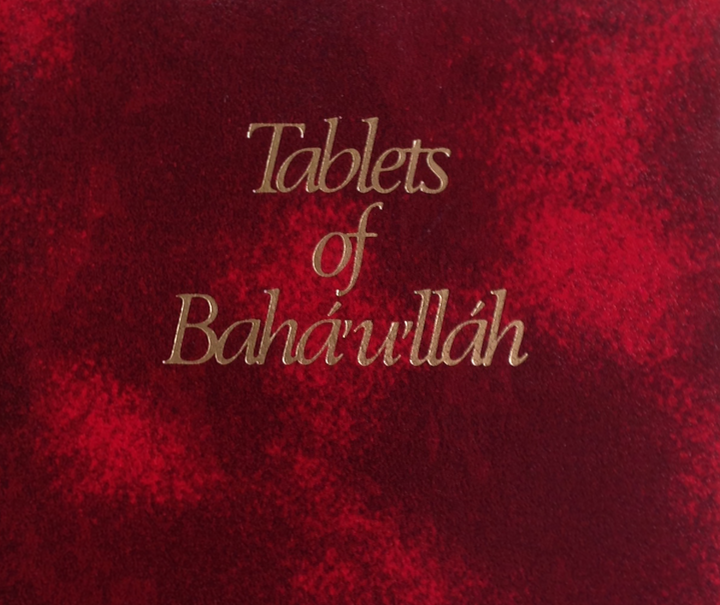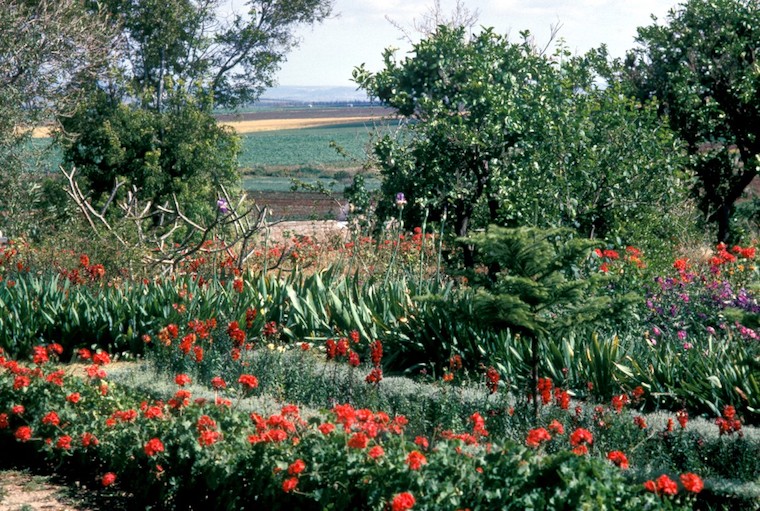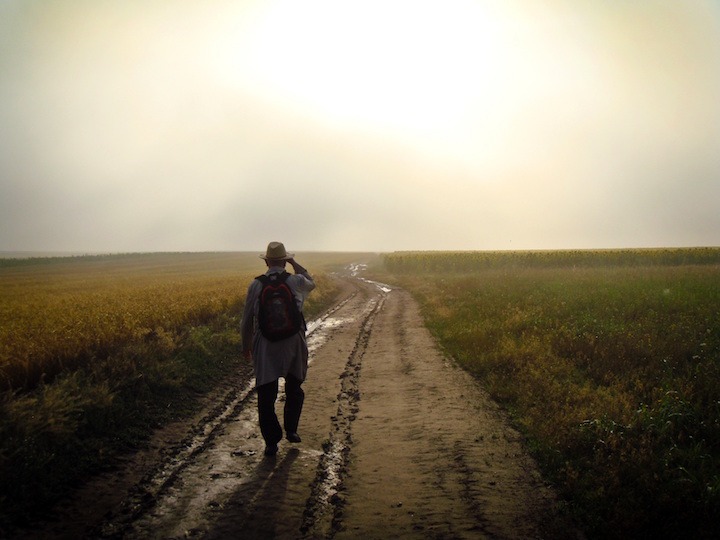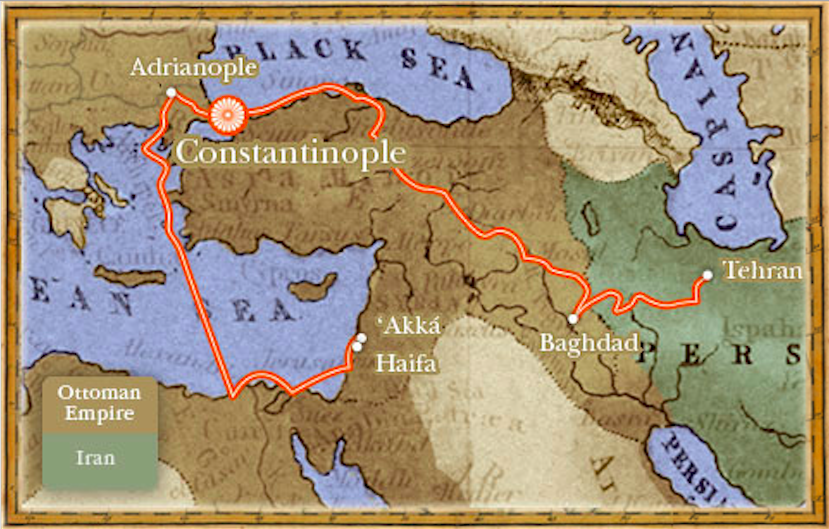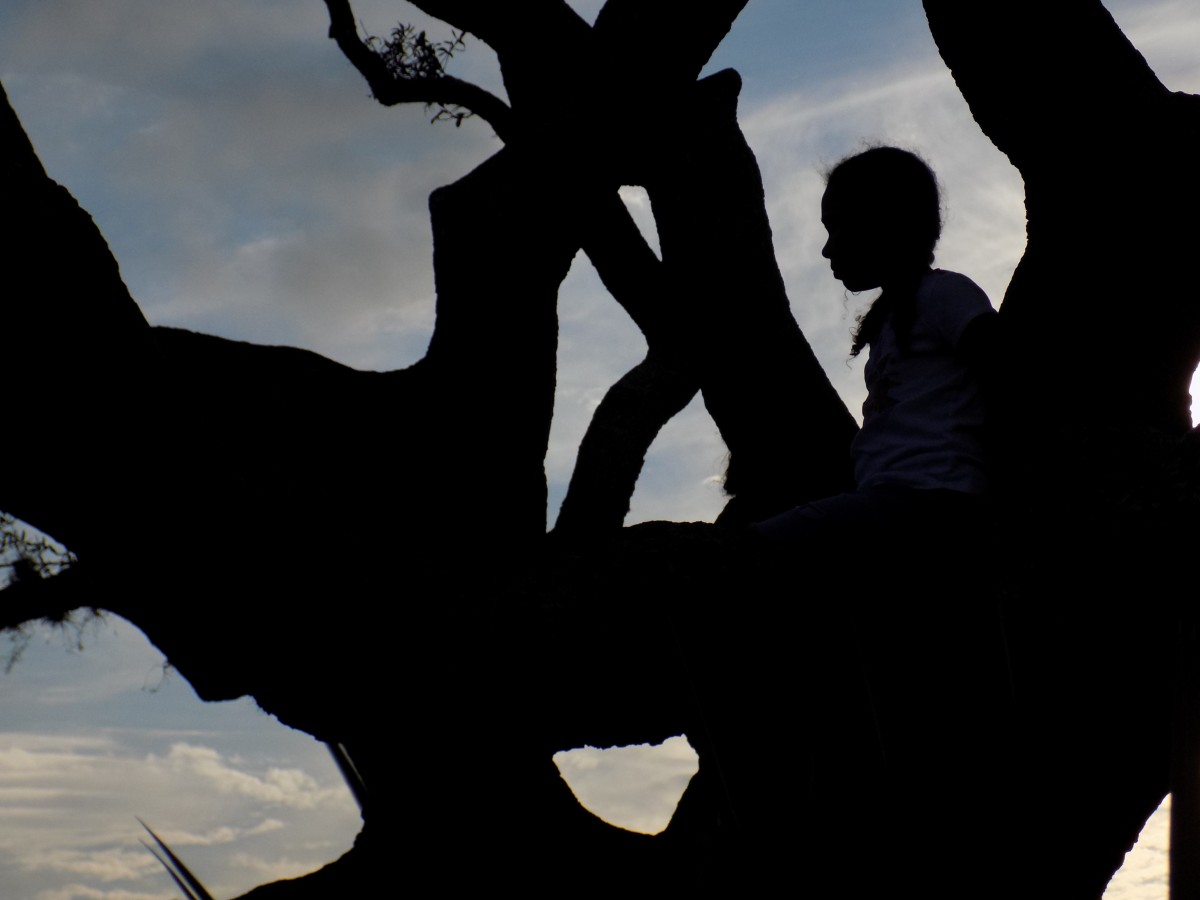-
The Nature of the Soul Doesn’t Change But Everything Else Does
One of the most poignant speeches by a political leader is that of Robert Kennedy given in Indianapolis in 1968, the night that Martin Luther King was assassinated. Robert Kennedy was himself assassinated 63 days later. As Robert Kennedy spoke, he recalled his own loss of his brother and the words of an Ancient Greek poet, Aeschylus. Even in our sleep, pain which cannot forget falls drop by drop upon the heart, until, in our own despair, against our will, comes wisdom through the awful grace of God. Here is evidence, if we need it, that the nature of the soul has not changed – even after the passage of…
-
Beauty in the Universe and Ourselves
There is a beauty in the following verse from the Qur’an, which inspired the title for this article. It is sometimes translated as follows: “We will show them our signs in the universe and themselves, until it becomes manifest to them that it is the truth.” [Qur’an 41:53] Beauty, is one of the many signs (or qualities) of God. In English and many other languages the word “beauty” is applied to qualities that we see in nature, in each other, the things human beings create and in the beautiful lives of outstanding human beings. The image above is an example of impressionist art – a period of art which is…
-
The Purpose of Justice
Like prophets before him Bahá’u’lláh counselled kings and rulers of society to observe justice. Referring to the suffering inflicted on himself and his followers by the rulers of his time he writes: Twenty years have passed, O kings, during which We have, each day, tasted the agony of a fresh tribulation. … They that rose up against Us have put us to death, have shed our blood, have plundered our property, and violated our honour. Though aware of most of our afflictions, ye, nevertheless, have failed to stay the hand of the aggressor. For is it not your clear duty to restrain the tyranny of the oppressor, and to deal…
-
The Interconnection of All Things
All things are interconnected. … every part of the universe is connected with every other part by ties that are very powerful and admit of no imbalance, nor any slackening whatever.[1] When Abdu’l Baha made comments of this kind he had in mind the interconnection between the material, plant, animal and human kingdoms. The atoms that make us up transition between these worlds remaining unchanged in their essence although entirely transformed in their outward characteristics. Indeed we could not exist but for the fact that the atoms that make up our bodies were long ago manufactured in the nuclear processes of a star. As each component atom or element in…
-
Death: The Last Taboo and What Comes After
There is virtually nothing that is a taboo in modern society. Death is the one exception. Ironically so, as our nightly news and popular entertainment are so often full of death. Yet there are plenty of articles that identify the death taboo. So how is it taboo? It is taboo in the sense that we live as if death is something that only happens to someone else. In our popular culture, the unavoidable reality of our own death is a taboo that is pushed deep into the subconscious. Of course we will all die one day. The taboo has practical consequences. As the old meme goes – what would we…
-
Honouring Teachers
After immediate family, and the closest of friends, the most important people in our lives are often ours teachers. How much we are indebted to them. If we have been fortunate enough to have special teachers – who saw something in us that others hadn’t seen – and nurtured it in us – we remember and treasure them all our lives. Abdu’l Baha states: Among the greatest of all services that can possibly be rendered by man to Almighty God is the education and training of children …[1] And: The education and training of children is among the most meritorious acts of humankind and draweth down the grace and favor…
-
Tahirih – Herald of the Emancipation of Women
Two hundred years ago, virtually everywhere in the world, women lived in subjugation to men. It was a world so different to our own that it is difficult to imagine. It was a world in which women had little role in public life – little opportunity for education, little opportunity to work – other than in the home. In many countries women did not have the right to own property. It was a world where women were often subject to the legal control of male relatives and the law in the west, as much as the east, defended the right of husbands to beat and control their wives. Tahirih was…
-
Tablets of Bahá’u’lláh
Tablets of Bahá’u’lláh, like Gleanings from the Writings of Baha’u’llah, is collection of the writings of Baha’u’llah translated into English in 1978. It improved the translation of some writings that had been originally translated early in the twentieth century, and made available others for the first time in English. The Tablets of Baha’u’llah come from the later part of Bahá’u’lláh’s life. Shoghi Effendi described the writings of this period as characterized by: … the enunciation of certain precepts and principles which lie at the very core of [Baha’u’llah’s] Faith, by the reaffirmation of truths He had previously proclaimed, by the elaboration and elucidation of some of the laws He had…
-
Investigate the Truth – Yourself
One of the principles of Bahá’u’lláh’s teachings is the independent investigation of truth. That we should know for ourselves – not through the knowledge of others. The idea appears, in connection with justice, in the first Hidden Word: The best beloved of all things in My sight is Justice; turn not away therefrom if thou desirest Me, and neglect it not that I may confide in thee. By its aid thou shalt see with thine own eyes and not through the eyes of others, and shalt know of thine own knowledge and not through the knowledge of thy neighbor. Ponder this in thy heart; how it behooveth thee to be.[1]…

